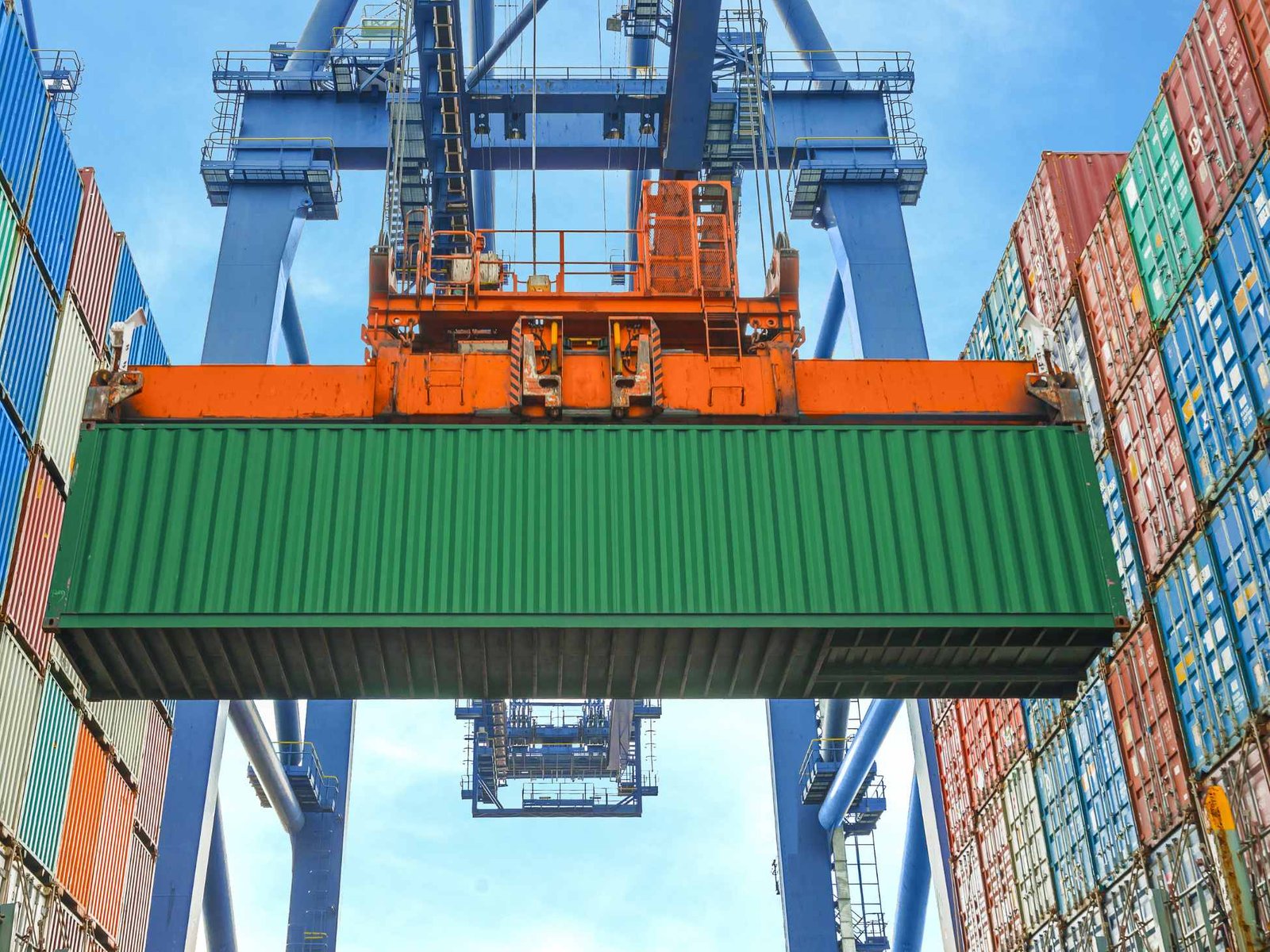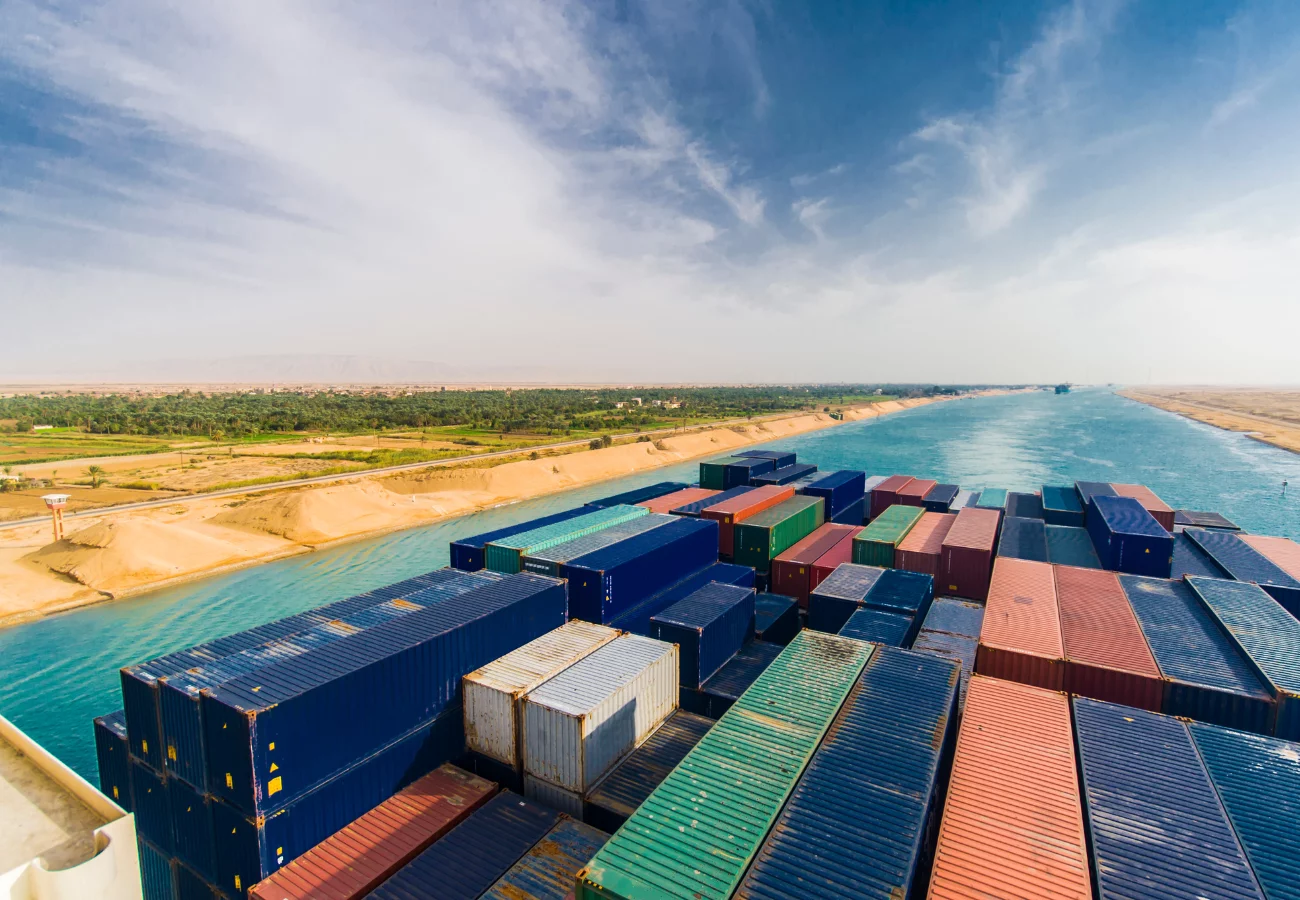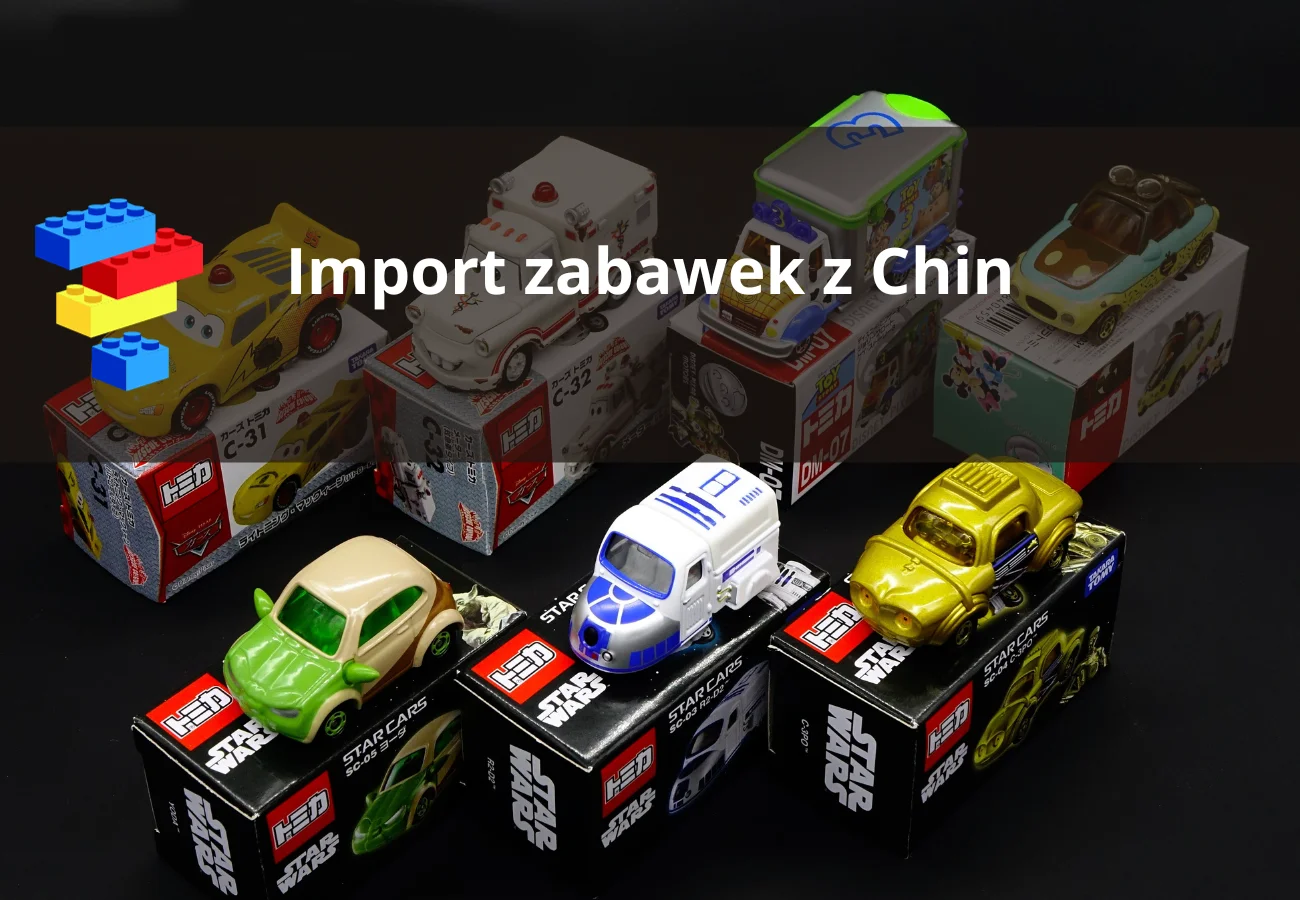What is container rolling?
Container rolling means that containers have not been loaded onto the ship on which they were supposed to sail and are postponed to the next departure. In practice, this causes a delay in the delivery of our cargo.
What is the reason for rolling containers?
This may be due to a number of reasons such as blank sailing The ship's name is used to denote the importance of a particular ship (skip port), documentation problems, overbooking, overweight cargo loaded on to the ship or other urgent cargo that the shipowner has decided to place in front of ours.
What happens if your container is rolled?
If your container is rolled, the shipowner will automatically postpone the loading and departure of the container to the next possible voyage. No additional costs will then be incurred.
However, if your cargo is rolled due to missing documents, problems with customs clearance or failure to meet certain requirements, you will be charged an additional rollover fee.
What should we do if our container is rolled?
To begin with, we need to find out what is the exact cause of the container being rolled, if the reason for the roll was incorrect documentation or a problem with customs clearance then we need to rectify the errors as soon as possible.
If the cause is different then there is little we can do - all that remains is to take information from the shipowner with patience. Some shipowners are characterised by more container roll-on. If you have encountered frequent rollovers during the period in question, the solution may be to book places with more stable shipowners.
How do you protect a container from rolling?
- take care of the documentation of the load, so that everything is done correctly and does not generate complications
- Cargoes are often rolled over during seasons of increased demand - for example, before Chinese New Year. It is worth bearing this in mind before shipping urgent freight
- It is worth checking statistics on the number of containers rolled out at specific shipowners.
- Shipowners offer special services to ensure that our container does not get rolled.
- Avoid services with frequent transshipments. Such services have a higher risk of rollover due to the risk at the port of shipment and then at the ports between destinations
- Divide the B/L so that there are as few containers as possible on one B/L. Shipowners decide which containers will be rolled based on the waybill, not the physical container itself. So if you ship 10 containers on one single B/L, either all of them will be rolled or none. The best workaround would be to split your shipments into different waybills, so there is a chance that some of the cargo will be shipped.
- If you are shipping a larger number of containers then it is worth considering sending loads on different services so as to increase the chance that any of them will arrive on time.






